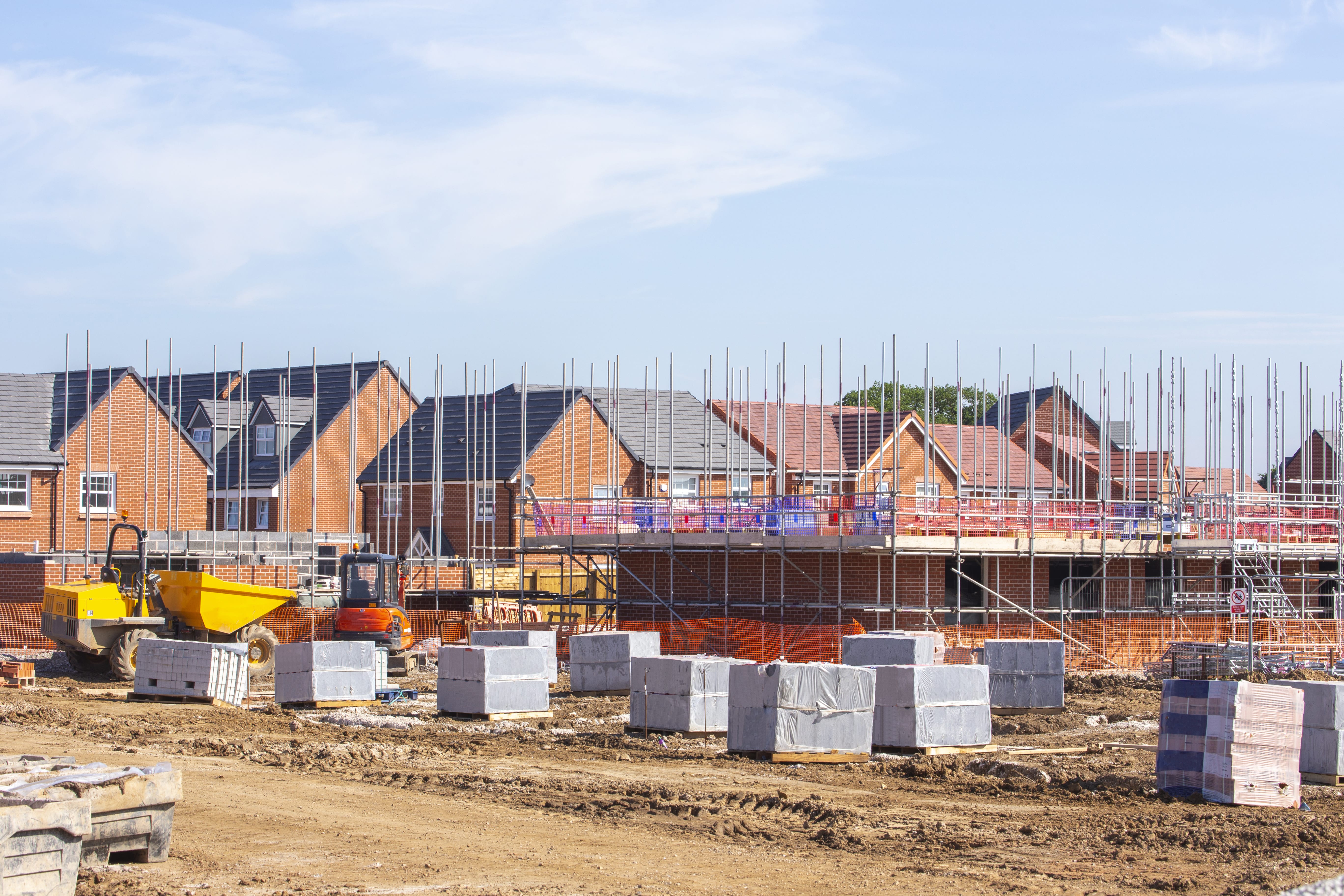Buying a home is an exciting milestone, but navigating the mortgage process can seem daunting. Whether you’re a first-time buyer or a seasoned homeowner, understanding how to approach this process can save you time, money, and stress.
Know Your Financial Situation
Before diving into the mortgage process, assess your financial health. Calculate your income, expenses, and existing debt. Review your credit score and history, as they play a crucial role in determining your mortgage eligibility and interest rates. Getting mortgage advice in Leicester from local professionals can help you decide on the best option based on your situation and score. A higher credit score often translates to better loan terms, so aim to improve it if needed before applying.
Determine Your Budget and Stick to It
Once you understand your financial landscape, set a realistic budget for your home purchase. Factor in not just the mortgage payments but also property taxes, homeowner’s insurance, and potential maintenance costs. Lenders often use a debt-to-income ratio to evaluate your ability to manage monthly payments, so ensure your budget aligns with their criteria.
- Factor in potential future expenses, such as homeowners association fees, utilities, and maintenance costs, when determining your budget. This holistic approach ensures you can comfortably afford homeownership beyond just the mortgage payment.
- Use online mortgage calculators to estimate monthly payments based on different loan amounts, interest rates, and repayment terms. This tool helps you visualize how different financial scenarios can impact your budget.
- Consider setting aside funds for a larger down payment. A higher down payment not only reduces your loan amount but can also result in lower monthly payments and potentially eliminate the need for private mortgage insurance (PMI).
Research Mortgage Options Thoroughly
There are various types of mortgages available, each with its terms and benefits. Common options include fixed-rate mortgages, adjustable-rate mortgages (ARMs), FHA loans, and VA loans. Research these options thoroughly to find the best fit for your financial situation and long-term goals. Compare interest rates, down payment requirements, and repayment terms before making a decision.
- Understand the difference between fixed-rate and adjustable-rate mortgages (ARMs). Fixed-rate mortgages offer stable monthly payments over the loan term, while ARMs typically start with lower initial rates that can adjust later based on market conditions.
- Explore government-backed loan programs, such as FHA loans for first-time buyers or VA loans for veterans and active-duty military personnel. These programs often have more flexible qualification requirements and lower down payment options.
- Consult with multiple lenders to compare interest rates, closing costs, and loan terms. Shopping around can help you find the most competitive offer and potentially save thousands of dollars over the life of your mortgage.
Get Pre-Approved Before House Hunting
Getting pre-approved for a mortgage gives you a clear understanding of your purchasing power. It involves a lender reviewing your financial information and issuing a conditional commitment for a specific loan amount. Sellers often prioritize offers from pre-approved buyers, as it signals your seriousness and ability to secure financing. This step can streamline the buying process and give you a competitive edge in a competitive market.
- Understand the difference between mortgage pre-qualification and pre-approval. Pre-qualification is an informal estimate of how much you might be able to borrow based on basic financial information. Pre-approval involves a thorough review of your financial history, income verification, and credit check.
- Gather necessary documentation, such as recent pay stubs, tax returns, and bank statements, to streamline the pre-approval process. Having these documents ready can expedite your application and demonstrate financial stability to lenders.
- Remember that a pre-approval letter typically expires after 60-90 days. If your home search extends beyond this period, you may need to update your pre-approval with updated financial information.
Stay Organized and Responsive During the Process
Once you’ve found your dream home and secured a mortgage, stay organized and responsive throughout the closing process. Provide requested documentation promptly, respond to lender inquiries promptly, and review all loan documents carefully before signing. Missing deadlines or neglecting paperwork can delay closing and potentially jeopardize your deal.
- Create a checklist of required documents and deadlines provided by your lender. Organize these documents in a secure digital or physical folder to ensure easy access when needed.
- Respond promptly to any requests or inquiries from your lender. Delays in providing information or documentation can prolong the mortgage approval process and potentially delay your closing date.


Navigating the mortgage process requires careful planning, research, and attention to detail. By understanding your financial situation, setting a realistic budget, exploring mortgage options, getting pre-approved, and staying organized, you can streamline the process and achieve your homeownership goals with confidence. Remember, each step you take towards securing a mortgage brings you closer to the keys to your new home.









Leave a Reply
View Comments